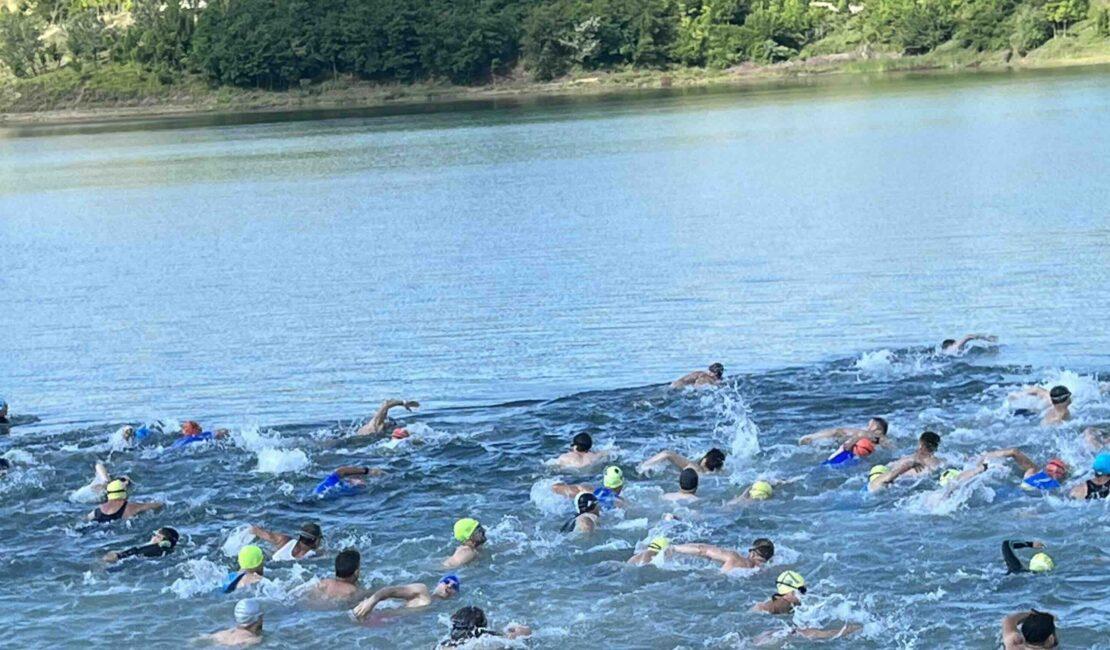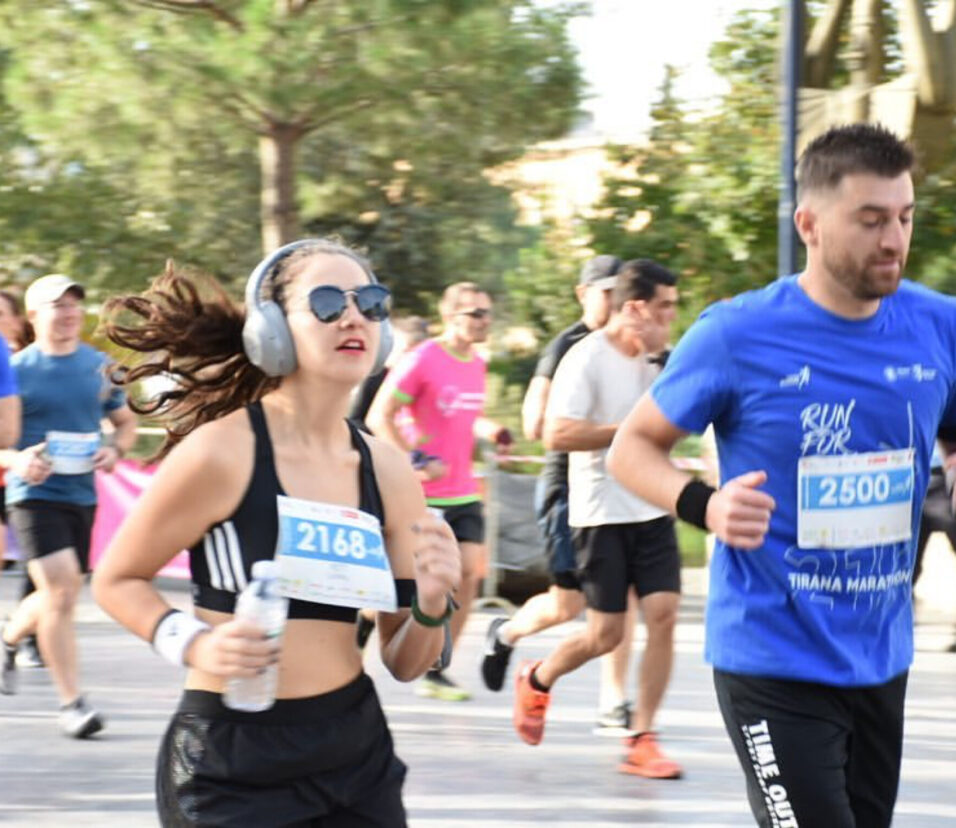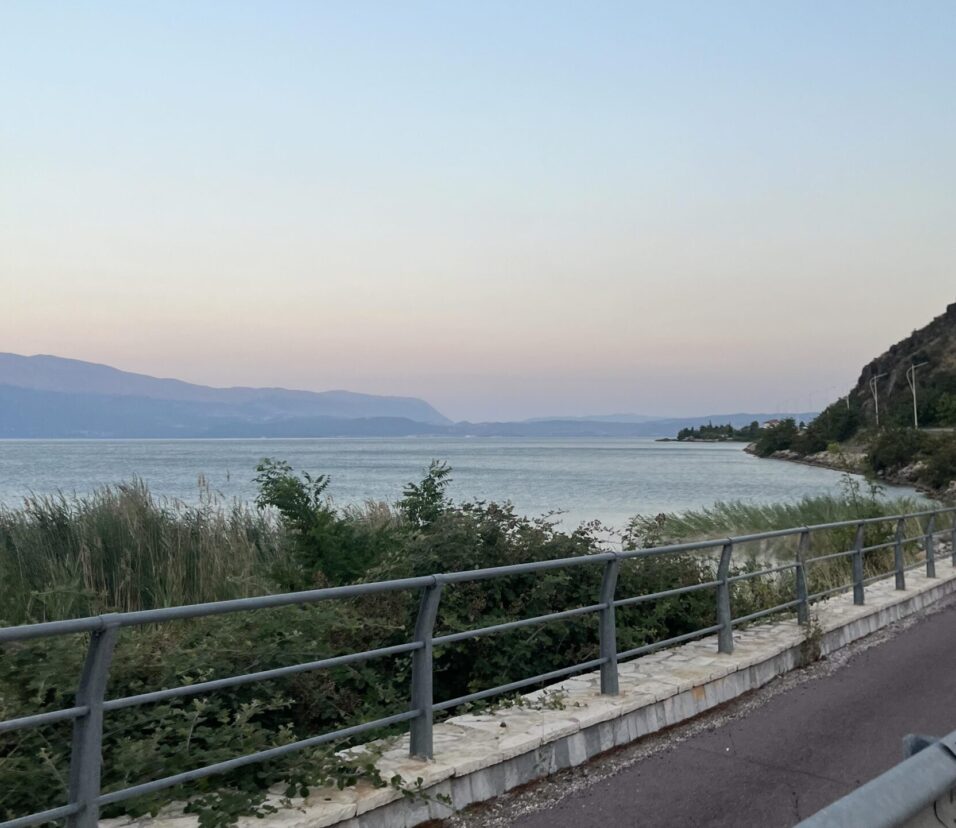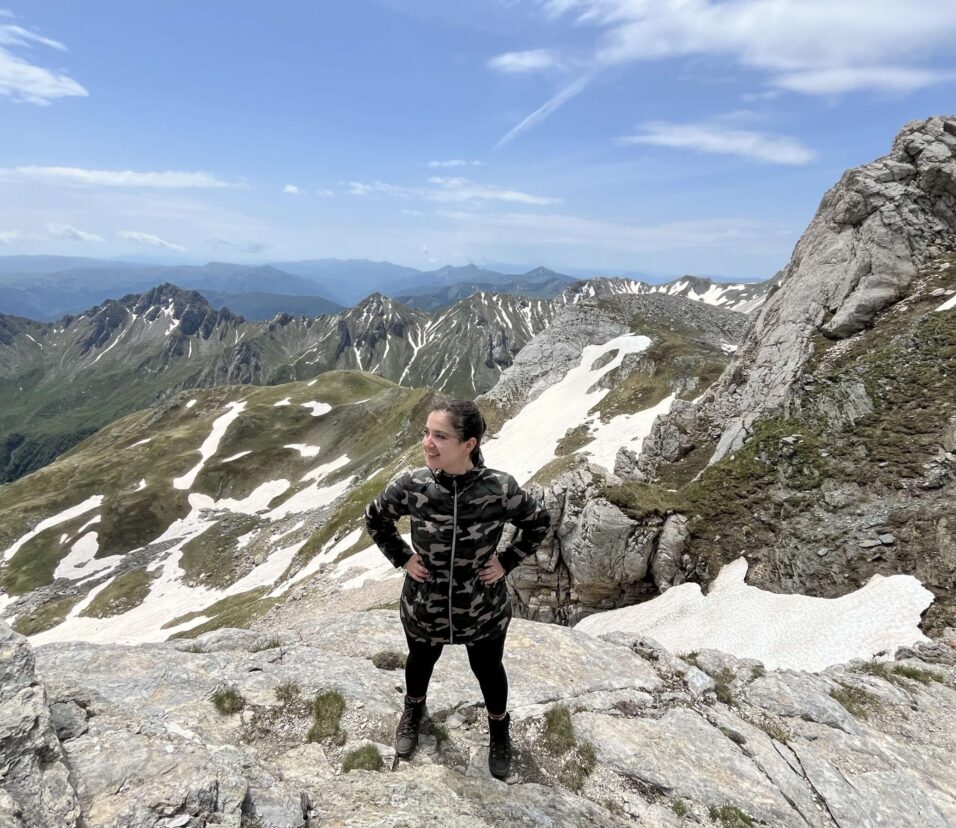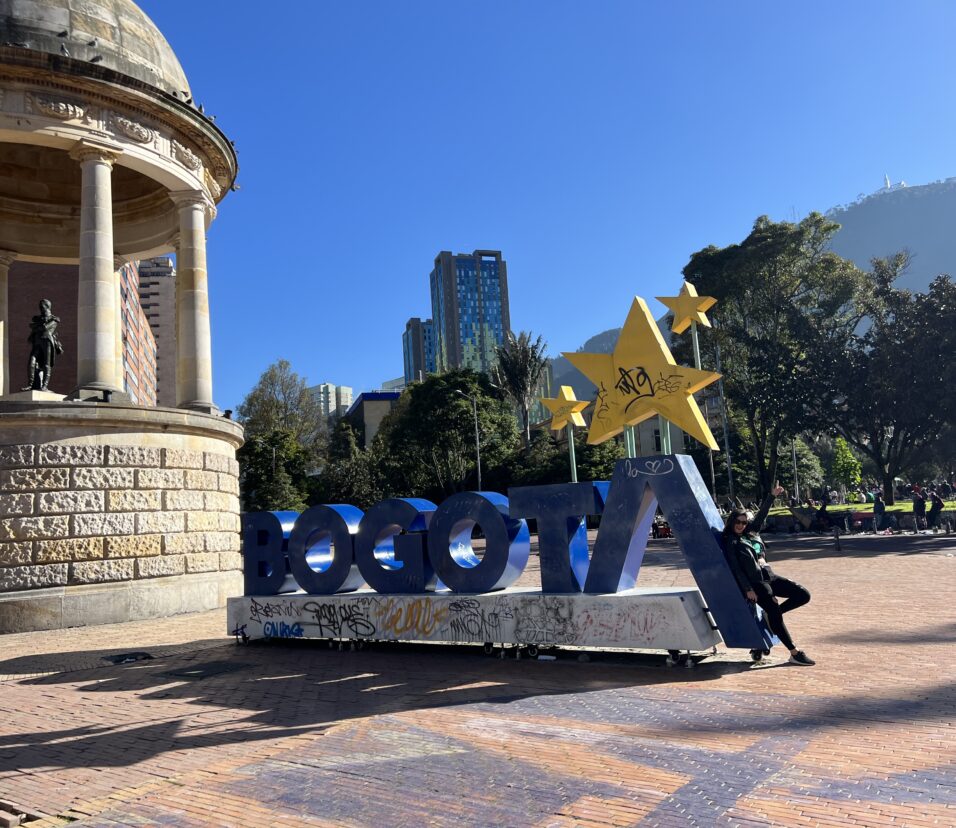I’m thinking of doing a Sprint Triathlon this spring. It will be my first time doing such race in sea waters. The only races I’ve participated in so far — three Sprints and one Olympic — have been held in Farka Lake. However, the decision to participate in this race brought to mind the 2023 Olympic distancce race: 1.5 km swim, 40 km bike ride and 10 km run. I was the competitor who held the organizers and boulevards of Tirana hostage, until I finished it with a time of 4:48.
It’s special joy when finishing a race. But when you finish last, it doesn’t leave a good taste. Apart from 2–3 acquaintances who gave me courage from time to time, I was alone. I loaded my bike in the car and returned home by myself. I emphasize this part because we often find reasons not to do the things that give us pleasure, while waiting for others. Everyone has their own clock, and in today’s dynamic life, it is difficult for these clocks to match. What will you do in this case? You will wait for something that is not guaranteed and you will lose your chance. The conditions will never be 100% favourable to do something. Therefore, find a way to make it work, even alone.
Let’s move on to after the race: in addition to my shoulders being sunburned, I felt totally exhausted. Participating in this race, in addition to the discipline in training and time organization, was for me like an endurance test for long races. Exactly four months later, in October, I would do my first marathon — 42 km — and I considered the Triathlon as part of the training. Two weeks after the Olympic distance, I did the last triathlon in the Sprint distance. And now that almost two years have passed, I miss that experience and I am very excited about the next race. However, I have another source of enthusiasm.

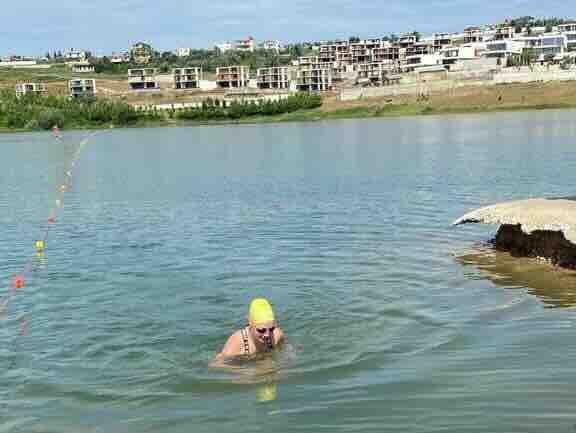
In September 2023, a month and a half before the 42 km race, I returned to the gym. I wrote another article about that experience and you can read it here. However, this time I want to see it from a different perspective. When I started training, I realized that my core strength, balance and strength in general were not at the right level for a race that would last 4 hours and 48 minutes, as I did. I finished the marathon in 5 hours and 21 minutes —again alone — and yet I did not feel weak. I was tired, yes, my legs were sore, but I did not feel out of energy. That day I cycled home and the next day I was at work. Even though I had only done a month of full-body training at the gym and the race lasted almost an hour more than the Olympic Triathlon, I coped much better with the race. I had indeed swum, run, and cycled a lot of kilometers, but I neglected the rest of my body. I have never given up on the gym since, and now I feel really fit for a Triathlon.
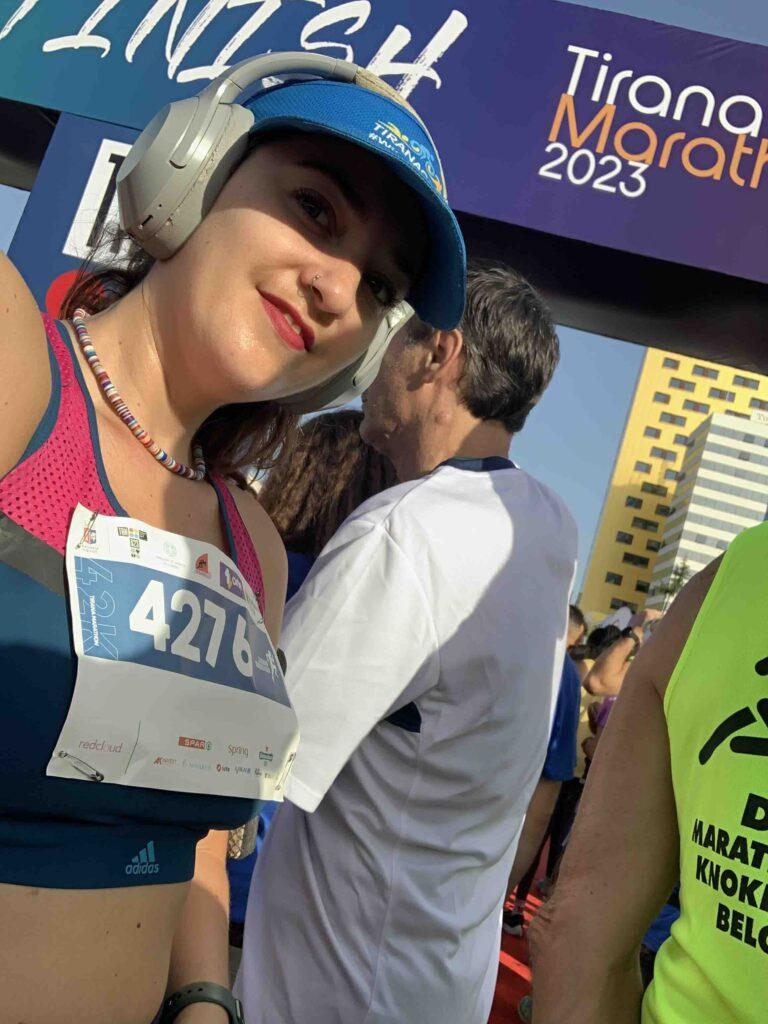
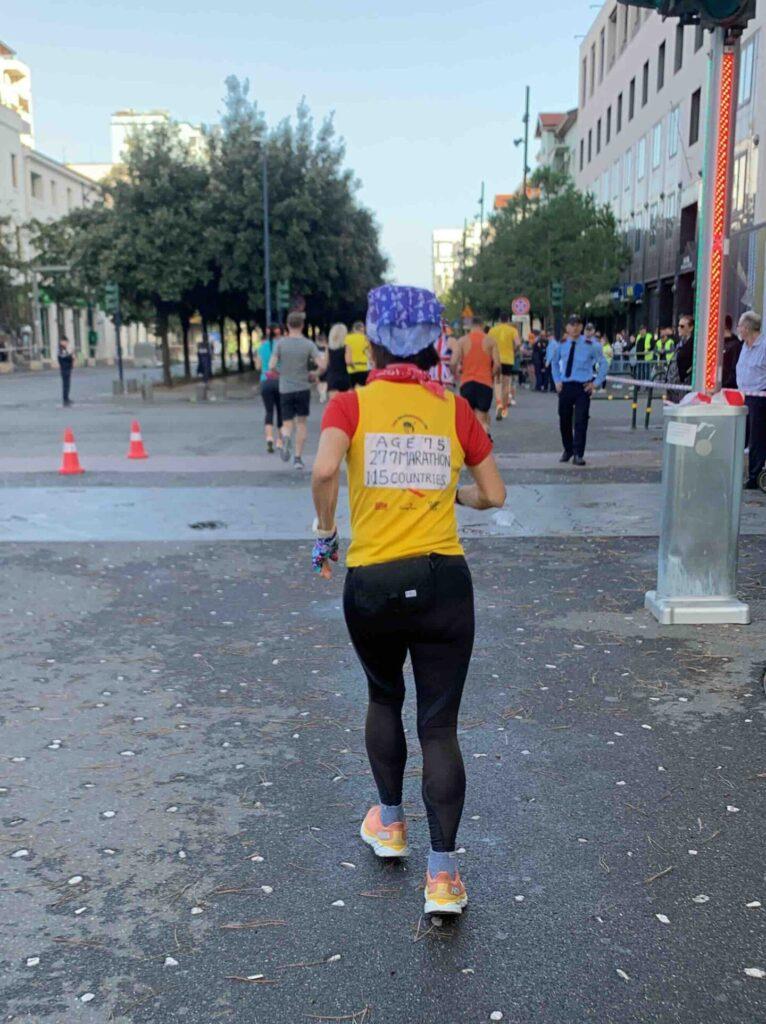
Beyond training holistically, doing an Olympic Triathlon is very different from finishing a Marathon. Below I will share some of the points where they differ, based on my experience:
1. Race Length
A Marathon is a race that lasts longer than an Olympic Triathlon. The world record for the Olympic Triathlon is held by Emma Snowsill, 2010 ITU World Championship Final — 1:49:43 for women, and Alex Yee, 2022 WTCS Cagliari — 1:40:19 for men. Meanwhile, the world record for the marathon is held by the late Kelvin Kiptum, Chicago 2023 — 2:00:35 for men, and Ruth Chepngetich, Chicago 2024 — 2:09:56 for women. I think time is a good indicator for race length, since we are comparing two different disciplines.
2. Chances of not finishing last
If you have trained for the marathon and feel in shape, chances are you will never finish last, especially in popular races with large participation. Meanwhile, triathlons do not have the same popularity, precisely for some of the reasons we are mentioning here. The limitations of the race location and the cost of infrastructure are generally higher.
3. Limited opportunities
Following what was said above, the opportunities to participate in a triathlon are also fewer. Until recently, only three triathlons were organized in Albania per year, and only one of them offered the Olympic category. For this reason, it is more difficult to familiarize yourself with the conditions of such competition.
4. Complexity of training
Training for a triathlon is a challenge in itself, with schedules that need to be coordinated and planned. It takes at least four months to prepare for an Olympic triathlon — at least that’s how much preparation I did. However, I was active and wasn’t starting from zero. Pool schedules, managing “brick training,” nutrition, and good sleep require a lot of organization. On the other hand, training for a marathon is a challenge that shapes the patience. Even though I trained only three times a week for four months, the long runs were a test of a different nature.
5. Physical load
A marathon is physically a more difficult race, and not just because it’s longer. The alternation of disciplines in a triathlon puts different muscles into motion and the load is distributed. Meanwhile, in a marathon, your feet are hitting the asphalt constantly — an action that is repeated for hours.
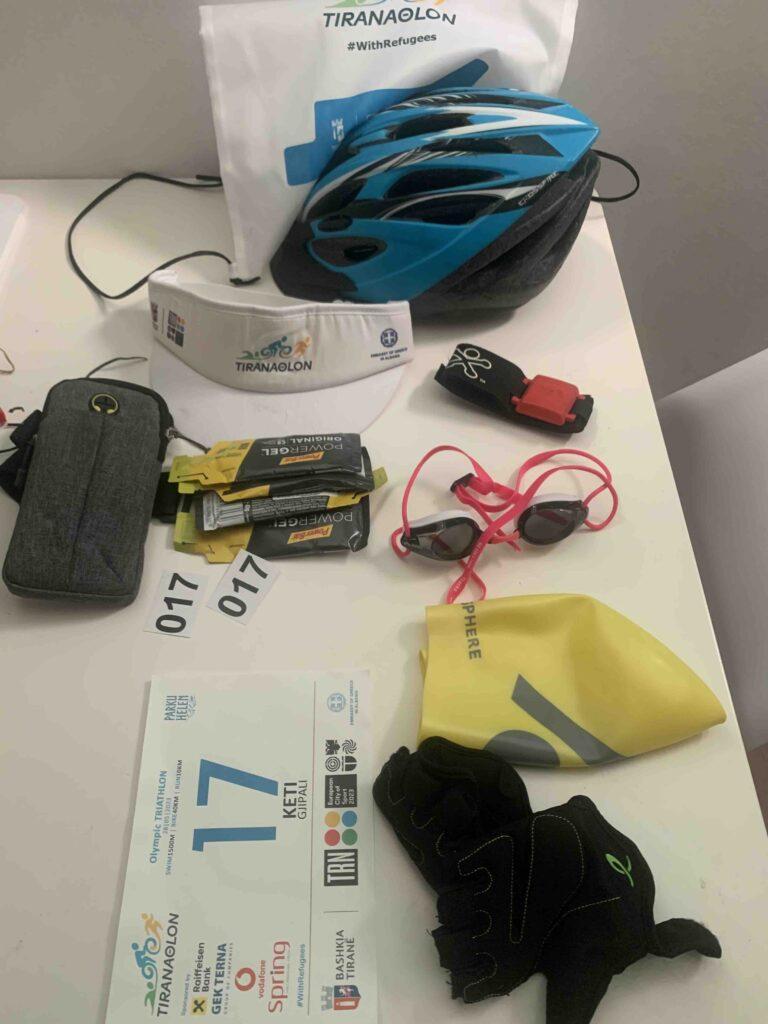
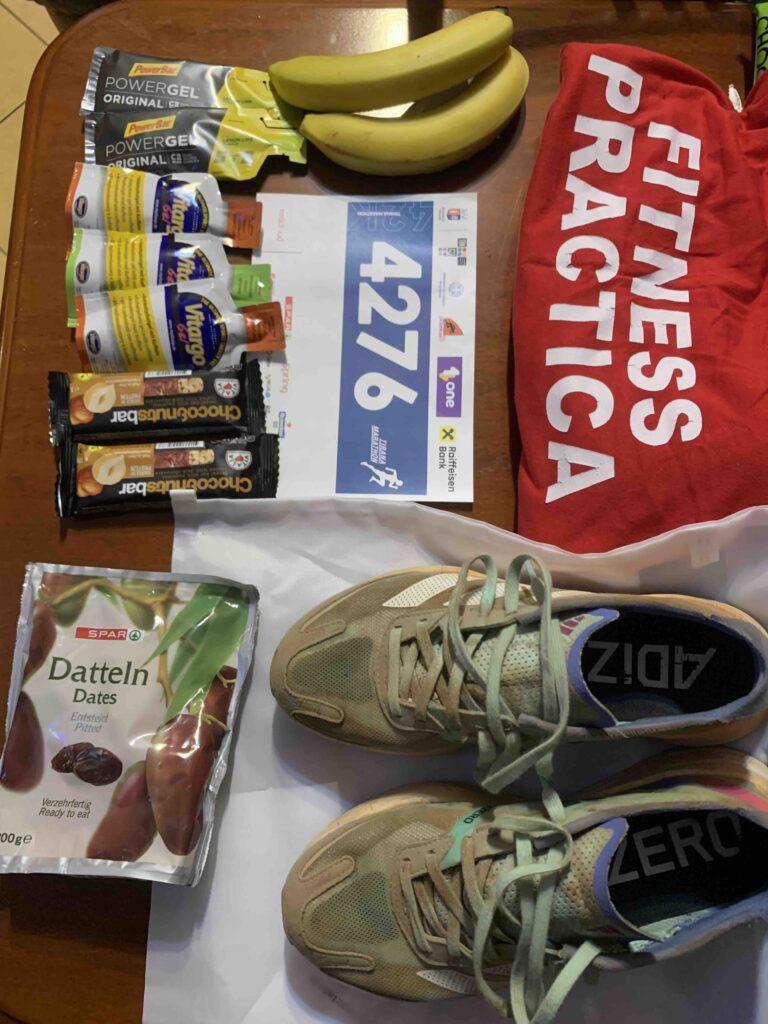
6. Equipment and logistics
Triathlon comes with a lot of equipment. You have to think about bike transportation, your cycling shoes, your helmet and more. While running only requires sneakers. Okay, maybe more than that, but I think you get my point.
Today, as I prepare for my next race, I’m not only excited about the race itself, but also about the training leading up to it.


